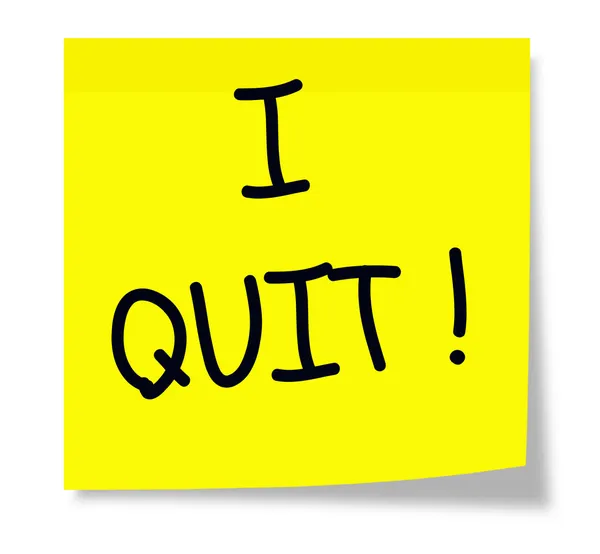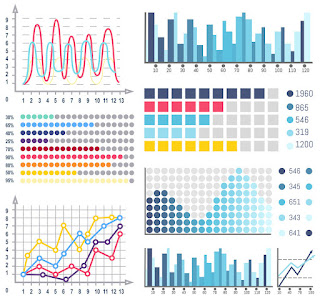"That's it. I'm done."
Said every person that ever spent some time trying to wrangle some form of collective impact.
Why? Because it's fundamentally different than the way the rest of the world is set up. As a staff person at a dedicated backbone organization, I spend 99% of my time "collaborating:" talking, negotiating, arguing gracefully, arguing un-gracefully, making an argument, arbitrating others' arguments, pushing for change.
The reality is that non-profits are trained to compete with each other for limited pools of funds. They are then further trained to think about everything in terms of the way they have to report on how those funds are spent. Their entire existence, collectively, relies on certain principles of "Social Service Darwinism"--only the most impactful survive.
This is a true but skewed reality in that it morphs organizations who have core purposes trained on a social need into organizations who can outwit, outplay, and outlast each other for $12 that cannot be spent on general operating and that ideally should show increases on client outcomes year-over-year. AND, by siphoning them off into made up conceptual buckets like, "Health and Human Services" we make them compete even harder, strategize harder, fundraise harder because, really, what social services are not "human services?" So, no longer can we imagine a holistic landscape of services. Instead, what we end up with is a bunch of alpha organizations whose greatest assets just might be fundraising--and god hopes they're not but how can we know.
Now, (re)introduce the principles of collective impact. When boiled down to their core, they basically scream "share everything and be nice about it."
We have trained our organizational leaders to do something entirely antithetical to survive.
So guess what? "This work is hard" is a motif heard time and time again throughout this industry and I surmise this as the cause. We're asking people to lean in to things that inherently feel risky to them and their agencies, on which some people rely literally for a roof over their heads and food on the table.
It's a tall order. Now inject me, a shiny backbone staff person who brings an agenda of sharing, trusting, organizing, aligning, collaborating. Frankly, it's exhausting. Worse, it feels "extra" because in the long term it is such that those tendencies could lead to their demise. Even some of the greatest utopian communities in history fell apart. Why?
Sharing is hard. And we might not be wired for it anymore. If we ever were.
That still doesn't mean we shouldn't try. Darwinism has yet to solve our inequities.
Why? Because it's fundamentally different than the way the rest of the world is set up. As a staff person at a dedicated backbone organization, I spend 99% of my time "collaborating:" talking, negotiating, arguing gracefully, arguing un-gracefully, making an argument, arbitrating others' arguments, pushing for change.
The reality is that non-profits are trained to compete with each other for limited pools of funds. They are then further trained to think about everything in terms of the way they have to report on how those funds are spent. Their entire existence, collectively, relies on certain principles of "Social Service Darwinism"--only the most impactful survive.
This is a true but skewed reality in that it morphs organizations who have core purposes trained on a social need into organizations who can outwit, outplay, and outlast each other for $12 that cannot be spent on general operating and that ideally should show increases on client outcomes year-over-year. AND, by siphoning them off into made up conceptual buckets like, "Health and Human Services" we make them compete even harder, strategize harder, fundraise harder because, really, what social services are not "human services?" So, no longer can we imagine a holistic landscape of services. Instead, what we end up with is a bunch of alpha organizations whose greatest assets just might be fundraising--and god hopes they're not but how can we know.
Now, (re)introduce the principles of collective impact. When boiled down to their core, they basically scream "share everything and be nice about it."
We have trained our organizational leaders to do something entirely antithetical to survive.
So guess what? "This work is hard" is a motif heard time and time again throughout this industry and I surmise this as the cause. We're asking people to lean in to things that inherently feel risky to them and their agencies, on which some people rely literally for a roof over their heads and food on the table.
It's a tall order. Now inject me, a shiny backbone staff person who brings an agenda of sharing, trusting, organizing, aligning, collaborating. Frankly, it's exhausting. Worse, it feels "extra" because in the long term it is such that those tendencies could lead to their demise. Even some of the greatest utopian communities in history fell apart. Why?
Sharing is hard. And we might not be wired for it anymore. If we ever were.
That still doesn't mean we shouldn't try. Darwinism has yet to solve our inequities.



Comments
Post a Comment